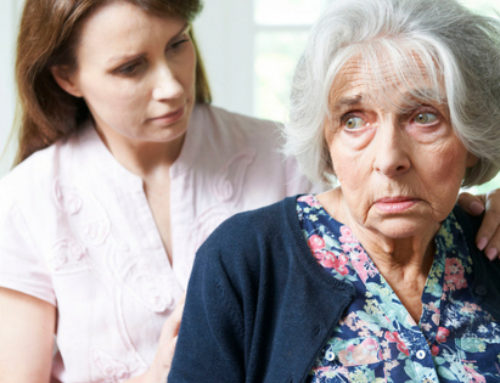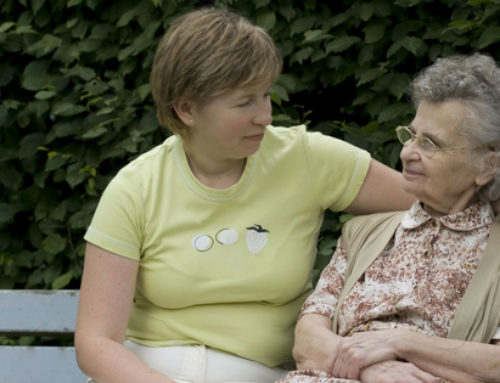Aging in place is a wonderful way to keep seniors in a familiar environment while still making sure to take care of their needs. Certain medical needs will require care from medical professionals, which can be expensive depending on the level of care needed. Even if specific medical care isn’t needed, seniors often lose the ability to take care of everyday activities like cooking, cleaning or bathing.
All of this care requires funding. The only funding that might be available for the seniors who need it is Medicaid. Can Medicaid be used to pay for these services?
Using Medicaid for In-Home Services
While Medicaid benefits can vary widely from state to state, many states do offer Medicaid support for in-home services. The intention of programs like this is to allow seniors to remain in their homes as they age. This increases quality of life and in many cases saves the program money.
Recently medical professionals have been encouraging patients to spend as much time in their homes as possible before moving to an assisted care facility. Staying in a familiar environment can help seniors deal more comfortably with the health issues they are experiencing.
Dementia and Alzheimer’s patients also benefit from being in familiar surroundings. Instead of getting lost in a place that they are not familiar with, they can rely on years of memories to help them navigate in their own homes.
Some of the services covered by these programs are:
- Meal Preparation or Delivery
- House Keeping and Laundry Assistance
- Rides for Medical Appointments
- Personal Hygiene and Dressing Assistance
- In-Home Modifications, such as Chair Lifts or Walk-in Bath Tubs
- In-Home Health Care Services
- Durable Medical Equipment
Who Is Eligible?
Like any other Medicaid services, in-home services are both need and finance based. In many cases the restrictions for Medicaid coverage for in-home care is lower than for long term care facilities. The qualifying requirements are going to be different from state to state, so make sure to check with your local Medicaid providers to see what the requirements are.
Home Care Reimbursement
In many cases the person providing the care in the home may not be a medical professional but a family member or friend. In cases like this, the laws on who can be paid as a care provider are rather specific.
As with any Medicare benefits, the rules will be different from state to state because Medicare is a state run program. Before seeking reimbursement for care services from family or friends, make sure to check with your state elder law experts to ensure that you are eligible and that the program will cover the costs.
For Legal Assistance with Medicaid Cases, Contact Stano Law Firm
For assistance with in-home care, elder law issues or Medicaid coverage, contact the experts at Stano Law Firm today.








Leave A Comment